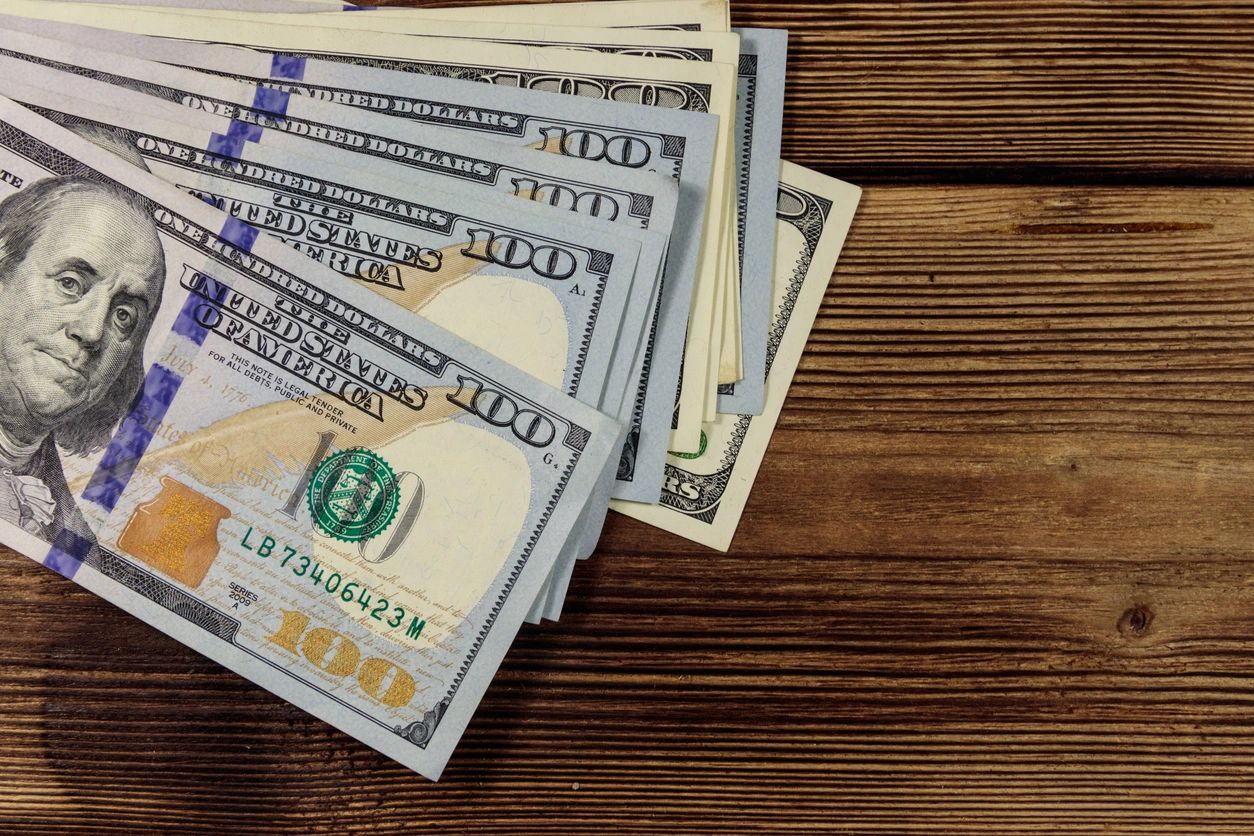By Aaron Flanigan –Originally published on AMAC
Thanks to the Republican House majority, as well as the increasing likelihood that Donald Trump will defeat Joe Biden this November, the stock market is booming – and is perhaps the only silver lining in an otherwise struggling economy.
Despite the White House’s best efforts to sell the supposed successes of “Bidenomics,” 70 percent of Americans believe the economy is getting worse, not better. Moreover, just 32 percent of Americans approve of Biden’s handling of the economy – even lower than Biden’s overall 39 percent approval rating.
The one economic bright spot is the relatively strong gains seen in the stock market over the last year, which Biden has been quick to take credit for. But a look at when the market actually began to recover from a lackluster performance during Biden’s first two years suggests that Biden had little to do with the turnaround, and in fact, has been an obstacle to even greater growth.
Following a lull in the weeks and months leading up to the 2022 midterm elections, the stock market experienced a bump when it became clear that the GOP had secured a majority in the House of Representatives. Following Election Day 2022, the DOW saw a more than 1,100-point bump, indicating that investors felt more comfortable knowing the House would be controlled by conservatives.
They had every reason to be optimistic. The contrast between the economic growth fostered by conservative policies and the economic malaise seen under liberal rule could not be more clear.
Under the Biden administration, cumulative inflation has reached nearly 20 percent, real wages have plummeted, mortgage rates are climbing, and family incomes are down more than $7,000. Meanwhile, high inflation has ravaged American families, monthly jobs reports have been revised downward for months on end – suggesting that the job market is far weaker than the White House has publicly claimed – and Biden has wasted trillions of dollars on far-left spending packages.
On the other hand, under the Trump administration (during which the GOP retained a House majority from 2017-2019 and controlled the Senate for all four years), the 30-year mortgage rate reached a record low, inflation was below two percent, household net worth reached an all-time high, and annual incomes increased by more than $6,000.
Republican policies like the Tax Cuts and Jobs Act, as well as Trump’s targeted program of cutting unnecessary regulations, also generated historic levels of confidence in the U.S. economy. As a result, the S&P 500 and NASDAQ repeatedly reached record highs, and the DOW closed above 20,000 points for the first time ever.
Now, similar patterns have begun to emerge as polling consistently indicates that Donald Trump is well-positioned to topple Joe Biden in November if he receives the Republican nomination—a prospect which seems all but assured following his overwhelming victories in the Iowa caucuses and New Hampshire primary this month. In the minds of American investors, there is a growing optimism that Biden will lose this fall, meaning that a return to Trump-era economic policies could be near the horizon.
Trump himself has recently commented on the direct correlation between his polling successes and positive changes in the stock market: “And I think the stock market’s got markets going up because I’m leading Biden in all of the polls—every poll, every single poll for in states that normally are not easy to lead,” Trump said during a town hall in Iowa. “But I would say this: we have a situation in which I believe the stock market goes up because I’m leading. I think if I wasn’t leading, the stock market would be 25 percent lower. And I think, frankly, if I didn’t win, I think the stock market would crash.”
For the time being, however, the GOP’s slim majority in the House is perhaps the only barrier between a still struggling economy with hope for recovery and complete economic collapse. This November, voters will have a chance to reverse Democrats’ record of economic decay, reassert pro-growth policies, and recreate the conditions that led to the strongest economy on record just four years ago.
Though the media will undoubtedly go out of its way to ignore these obvious correlations, investors clearly know which party’s policies will ultimately drag the U.S. economy out of its slump. And for this reason alone, Republican voters—and every American worried about the state of the economy—have ample reason for hope.
Aaron Flanigan is the pen name of a writer in Washington, D.C.









